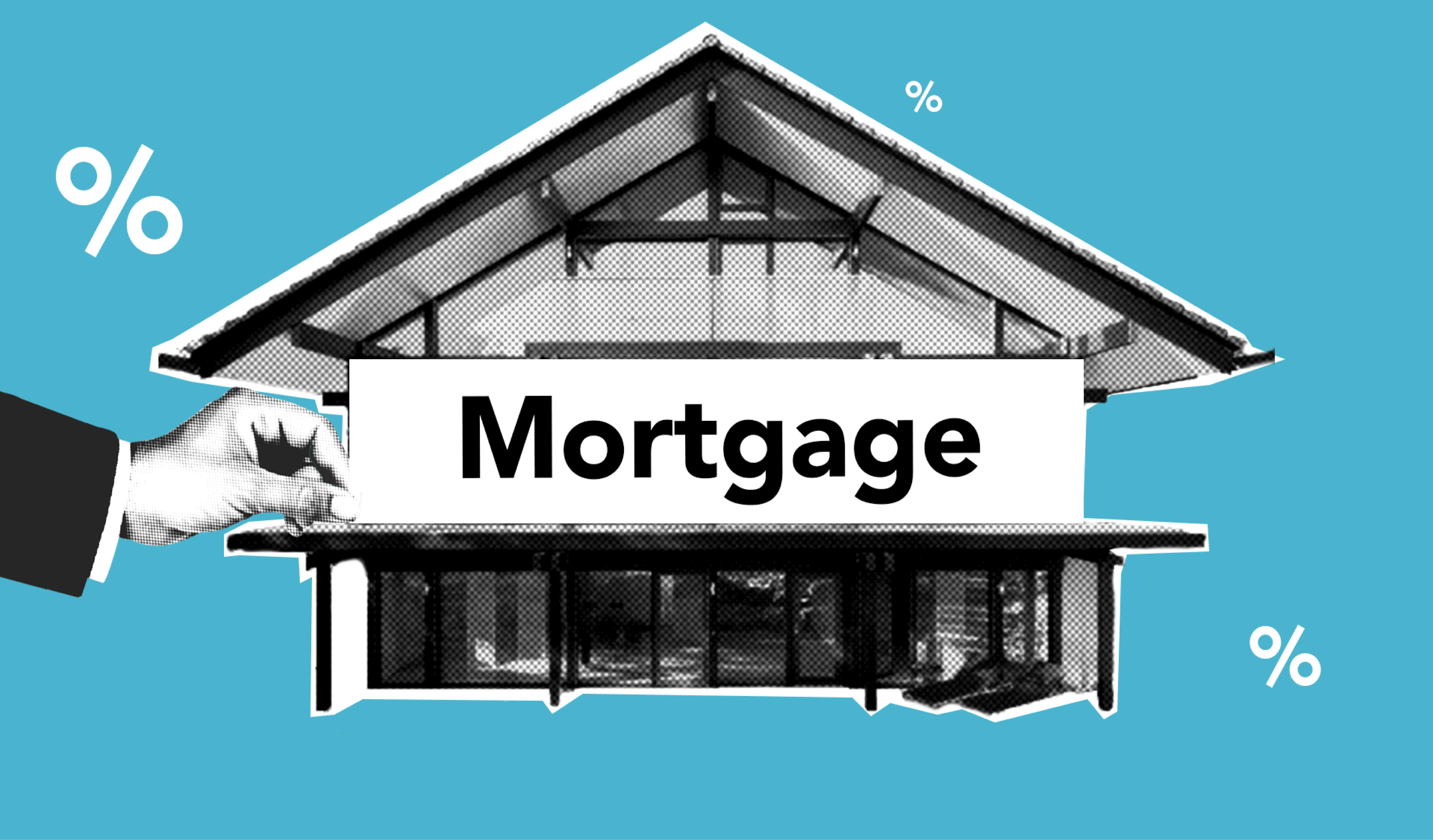The real estate market is deeply influenced by various economic factors that can impact property values, investment potential, and market trends. Understanding these factors is crucial for buyers, sellers, investors, and industry professionals to make informed decisions. This article explores the key economic factors that affect the real estate market and how they shape property dynamics.
1. Interest Rates

Impact on Real Estate:
- Mortgage Rates: Interest rates directly affect mortgage rates, which in turn influence the affordability of buying a home. Lower interest rates reduce monthly mortgage payments, making homeownership more accessible and potentially increasing demand for properties.
- Investment Costs: Lower interest rates also reduce the cost of borrowing for real estate investors, making property investments more attractive. Conversely, higher interest rates can dampen demand and increase borrowing costs.
Current Trends:
- Historical Trends: Over the past decade, interest rates have experienced significant fluctuations. Periods of low interest rates often coincide with strong real estate market performance, while rising rates can lead to market slowdowns.
- Monetary Policy: Central banks’ monetary policies, including interest rate adjustments, play a crucial role in influencing the real estate market. Monitoring these policies can provide insights into future market trends.
2. Economic Growth

Impact on Real Estate:
- Employment and Income: Economic growth leads to higher employment rates and increased incomes, boosting consumer confidence and purchasing power. This generally results in higher demand for real estate, both for residential and commercial properties.
- Business Expansion: A growing economy often leads to business expansion and increased demand for commercial real estate, including office spaces, retail locations, and industrial properties.
Current Trends:
- Economic Indicators: Key indicators such as GDP growth, unemployment rates, and consumer spending can provide insights into the overall health of the economy and its impact on real estate.
- Regional Differences: Economic growth can vary by region, with some areas experiencing rapid expansion and others facing economic challenges. Understanding local economic conditions is essential for evaluating real estate opportunities.
3. Inflation

Impact on Real Estate:
- Property Values: Inflation can lead to increased property values as the cost of goods and services rises. Real estate is often seen as a hedge against inflation, with property values and rental income potentially increasing with inflation.
- Construction Costs: Inflation can also impact construction costs, affecting the supply of new properties. Higher construction costs can lead to reduced housing supply and potentially drive up property prices.
Current Trends:
- Inflation Rates: Monitoring inflation rates and their impact on the real estate market can provide insights into potential price movements and investment opportunities.
- Central Bank Actions: Central banks’ responses to inflation, such as adjusting interest rates, can influence real estate market dynamics and investment strategies.
4. Supply and Demand

Impact on Real Estate:
- Market Balance: The balance between supply and demand is a fundamental factor affecting property prices and availability. When demand exceeds supply, property values tend to rise, while an oversupply can lead to price declines.
- Construction Activity: Levels of new construction and development can influence the supply side of the market. High levels of construction can increase supply, while restrictions or slow development can limit availability.
Current Trends:
- Local Market Conditions: Supply and demand dynamics can vary significantly by location. Local factors such as population growth, zoning regulations, and development incentives play a crucial role in shaping real estate markets.
- Housing Inventory: Tracking housing inventory levels and construction activity provides insights into supply trends and potential impacts on property prices.
5. Government Policies and Regulations

Impact on Real Estate:
- Tax Policies: Government tax policies, including property taxes, tax incentives, and deductions, can influence real estate investment decisions and property values.
- Regulations and Zoning: Zoning regulations and land-use policies affect property development and market dynamics. Changes in regulations can impact the availability of land for new projects and influence property values.
Current Trends:
- Policy Changes: Staying informed about changes in government policies and regulations can provide insights into potential impacts on the real estate market. This includes monitoring local, regional, and national policy developments.
- Incentives and Support: Government incentives and support programs for homebuyers, developers, and investors can shape market conditions and influence real estate trends.
6. Demographic Trends

Impact on Real Estate:
- Population Growth: Increasing population levels drive demand for housing and commercial properties. Demographic shifts, such as urbanization and migration patterns, also influence real estate demand and market trends.
- Age and Lifestyle Changes: Changes in age distribution and lifestyle preferences impact housing demand. For example, the rise of remote work may increase demand for home offices and suburban properties.
Current Trends:
- Population Statistics: Analyzing population growth, migration patterns, and demographic shifts can provide insights into future real estate demand and investment opportunities.
- Consumer Preferences: Understanding changing lifestyle preferences and demographic trends helps identify emerging market needs and opportunities.
7. Global Economic Conditions

Impact on Real Estate:
- International Investment: Global economic conditions can influence international investment in real estate. Economic stability, currency exchange rates, and geopolitical factors impact cross-border investments and market dynamics.
- Economic Uncertainty: Global economic uncertainty, such as financial crises or trade tensions, can affect real estate markets by impacting investor confidence and market stability.
Current Trends:
- Global Economic Indicators: Monitoring global economic indicators and trends provides insights into potential impacts on the real estate market, including investment flows and market stability.
- Cross-Border Investment: Understanding the role of international investors and their impact on local markets helps gauge potential influences on property values and demand.
Economic factors play a crucial role in shaping the real estate market, influencing property values, investment opportunities, and market dynamics. Interest rates, economic growth, inflation, supply and demand, government policies, demographic trends, and global economic conditions all contribute to the complexities of the real estate landscape. By staying informed about these factors and their potential impacts, buyers, sellers, and investors can make more strategic decisions and navigate the real estate market with greater confidence. Understanding these economic influences is essential for adapting to market changes and seizing opportunities in the ever-evolving world of real estate.












